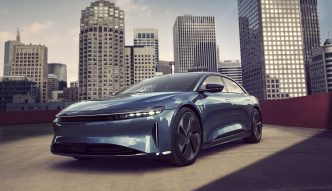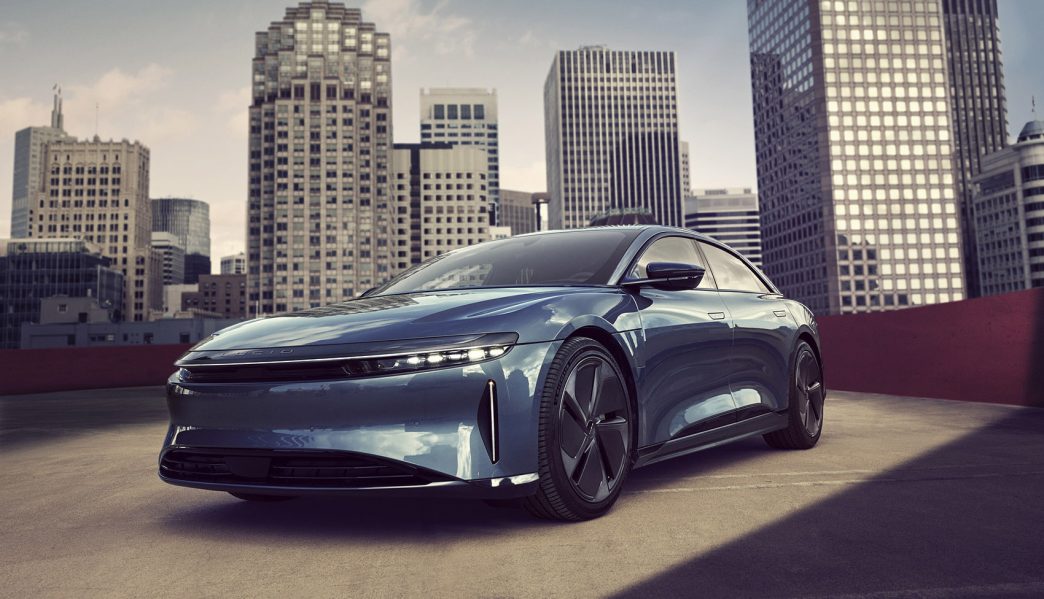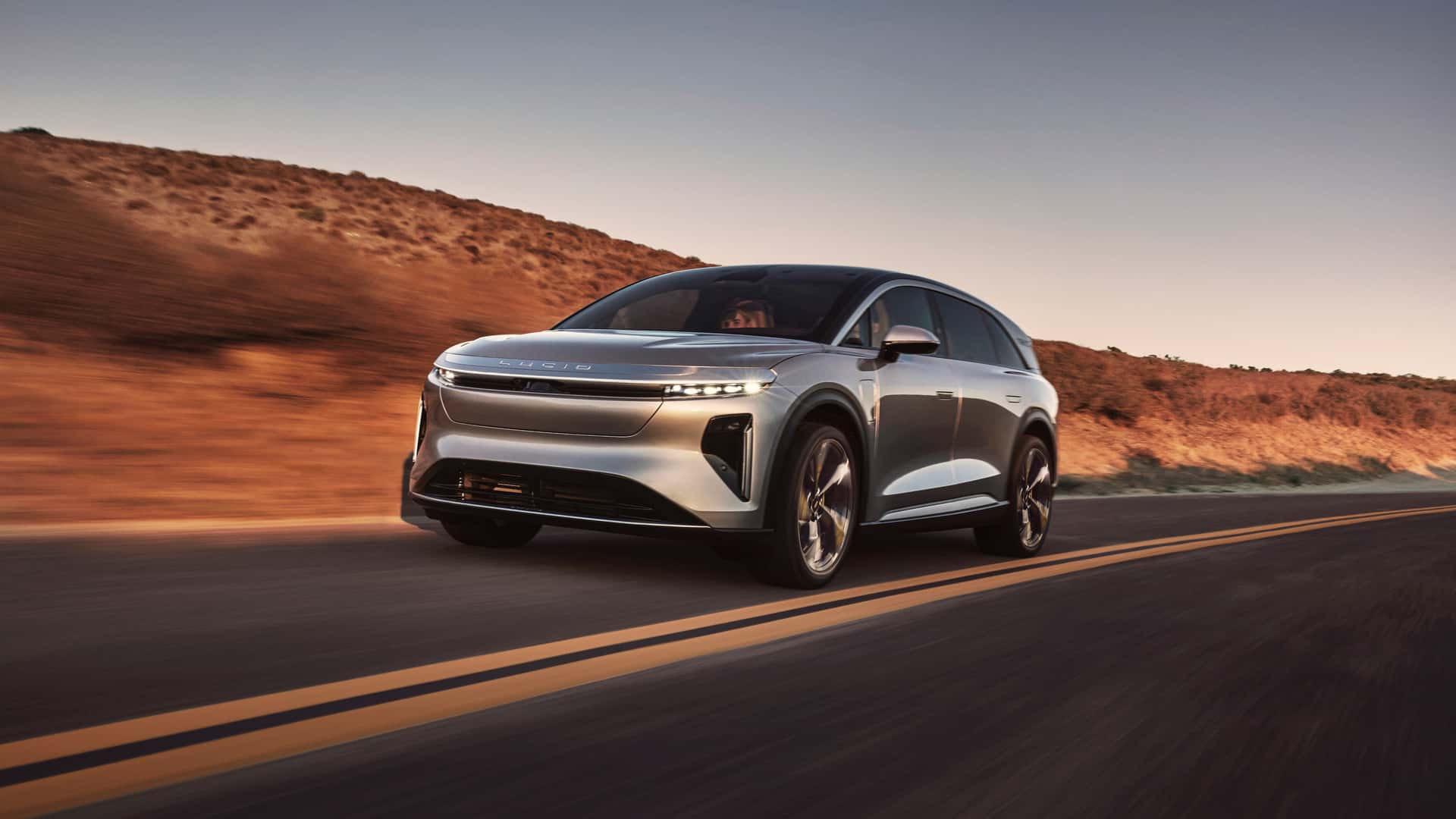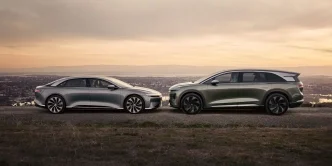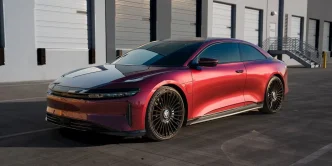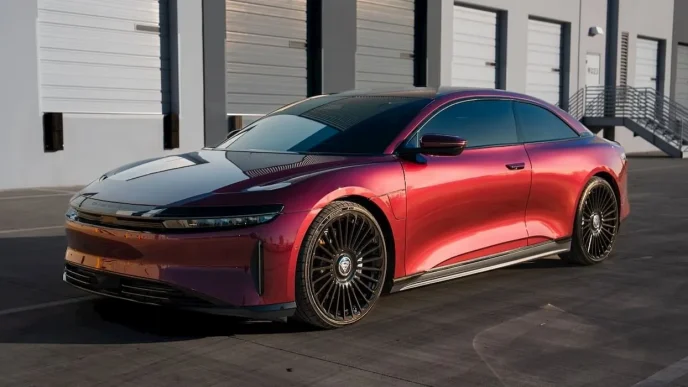Lucid CEO Peter Rawlinson remains confident in the company’s resilience amid concerns that President-elect Donald Trump may eliminate federal tax credits for electric vehicles (EVs). Despite this assurance, Lucid’s stock reached an all-time low of under $2 per share on Friday, reflecting broader market unease.
Lucid recently reported its third consecutive record quarter, with 2,781 deliveries in Q3, bringing its total to 7,142 vehicles sold in the first nine months of 2024. This surpasses the 6,001 deliveries achieved in 2023. However, market sentiment was shaken by a Reuters report suggesting Trump’s transition team is considering ending the $7,500 federal EV tax credit.
While Lucid’s flagship Air sedan, starting at $69,900, does not qualify for the credit due to price caps, the company offsets this by offering the benefit through leasing options. Rawlinson asserted on Bloomberg Television, “Lucid, amongst all the EV makers, is really the most immune from that.” He highlighted that many Lucid customers earn above the income thresholds for credit eligibility, reducing the potential impact on the company’s sales.
Addressing concerns about Tesla potentially receiving favorable treatment under the incoming administration, Rawlinson remarked, “We’ve really taken the mantle of technology leadership from Tesla right now, and this is not really sufficiently recognized. So, I think we’re in a very strong position to weather any such storm.”
In addition to the Air sedan, Lucid recently opened orders for its Gravity SUV, priced at $79,800 with a range of up to 440 miles per charge. Rawlinson described the Gravity as a “landmark product” featuring advanced technology he believes is “years ahead of the competition.”
Looking ahead, Lucid plans to introduce a lower-priced midsize electric SUV starting at under $50,000, with production slated to begin in late 2026. The midsize lineup is designed to compete directly with Tesla’s Model 3 and Model Y.
Despite these developments, investor confidence remains low. Lucid shares have dropped nearly 17% this week, reflecting broader concerns about the EV industry’s regulatory future and competitive landscape.
Source: Bloomberg

